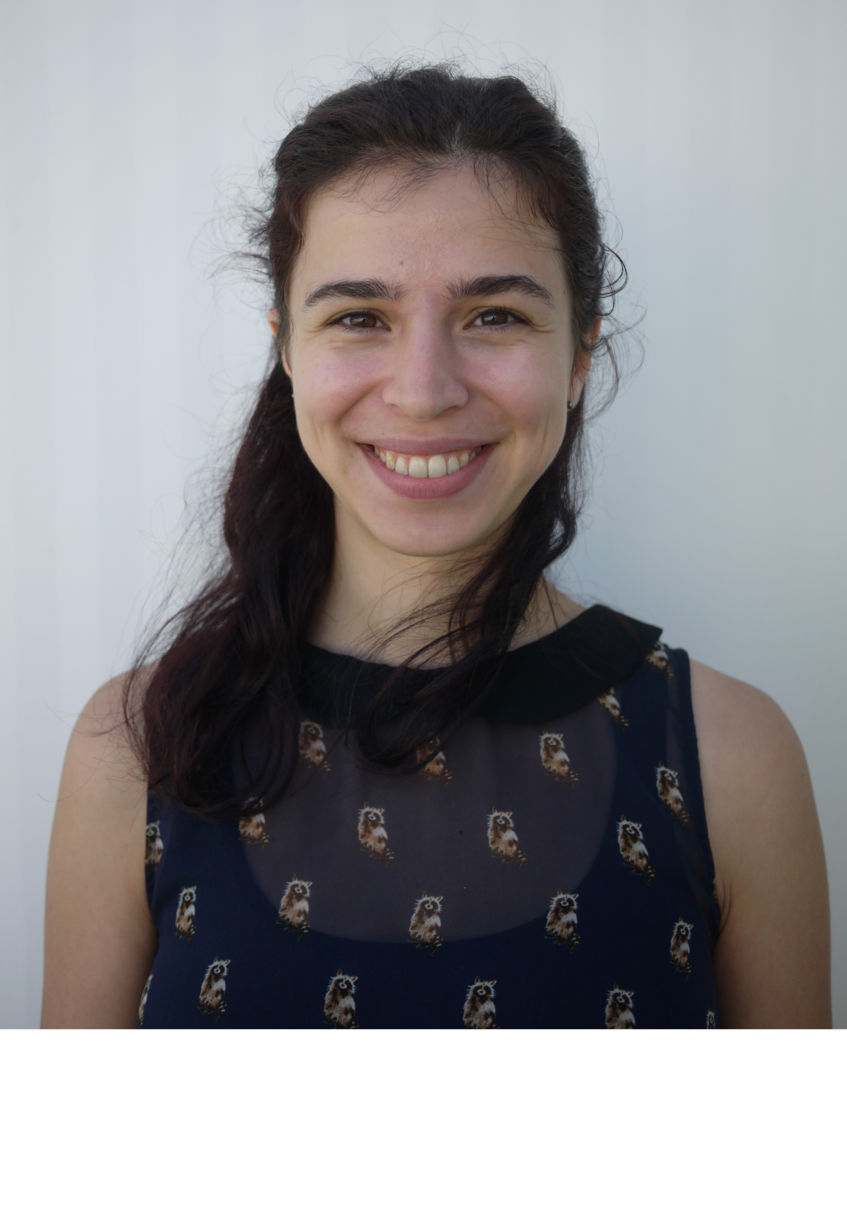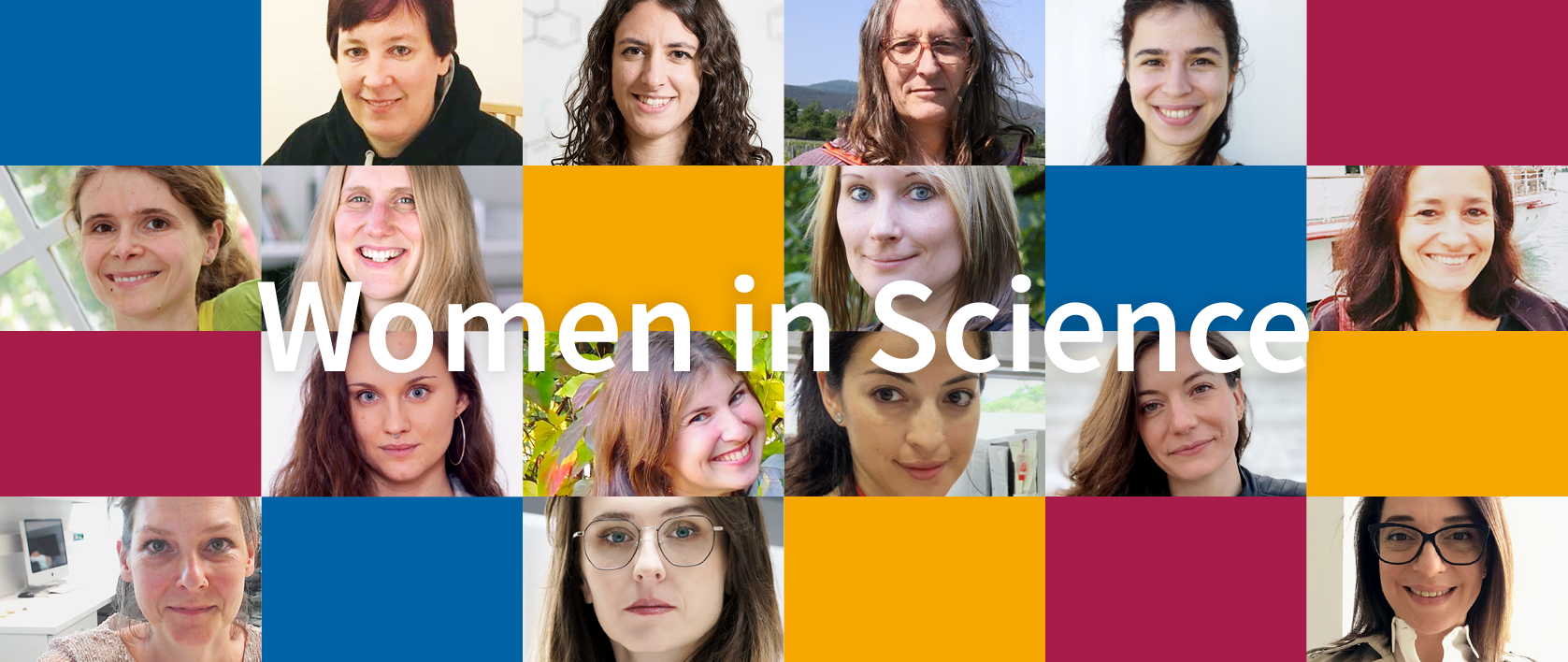
International Day of Women and Girls in Science
Welcome to the Faculty of Chemistry's tribute to the International Day of Women and Girls in Science! Initiated by the United Nations, this day, celebrated on 11 February, aims to highlight the gender gap in STEM fields and celebrate the incredible contributions of women and girls in science.
The University of Vienna takes this opportunity to shine a light on the female scientists within its science faculties and centres, highlighting their invaluable contributions and groundbreaking work. Here at the Faculty of Chemistry, we are proud to join this global observance by bringing our talented women scientists to the forefront.
The University of Vienna is celebrating women in science with a joint campaign involving the Faculty of Chemistry, Faculty of Life Sciences, the Faculty of Earth Sciences, Geography and Astronomy, the Faculty of Computer Science, the Faculty of Physics, the Faculty of Mathematics, the Centre for Microbiology and Environmental Systems Science and the research network Data Science @ Uni Vienna.
Jessica Walker
teaches at a Bachelor’s and Master’s level as a senior lecturer in Analytical Chemistry. With a background in Food Chemistry and Toxicology, her interests are in food analysis and development of simple methods to evaluate food authenticity and bioactivity. (Foto privat)
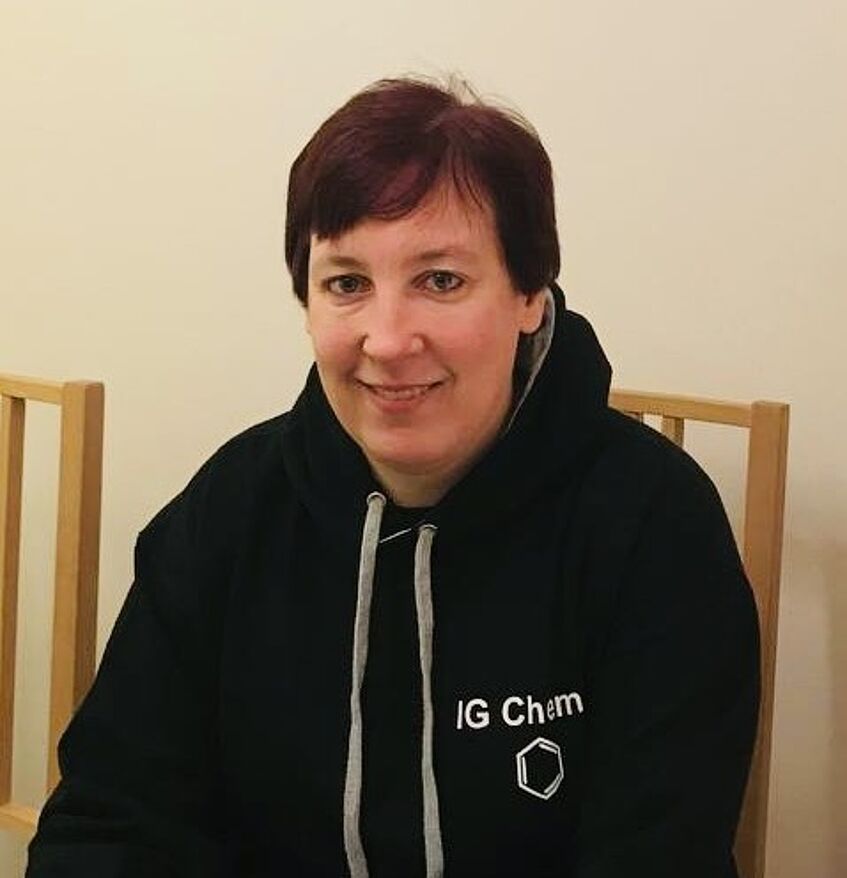
Sonja Hager
is a Senior Scientist in the Department of Food Chemistry and Toxicology. She investigates Food-Drug Interactions, currently focusing on how food contaminants such as mycotoxins, produced by fungi, affect the efficacy and side effects of anticancer therapies. In cooperation with the Medical University of Vienna she investigates the role of the immune system in anticancer therapy (ESPRIT project).
Copyright: private
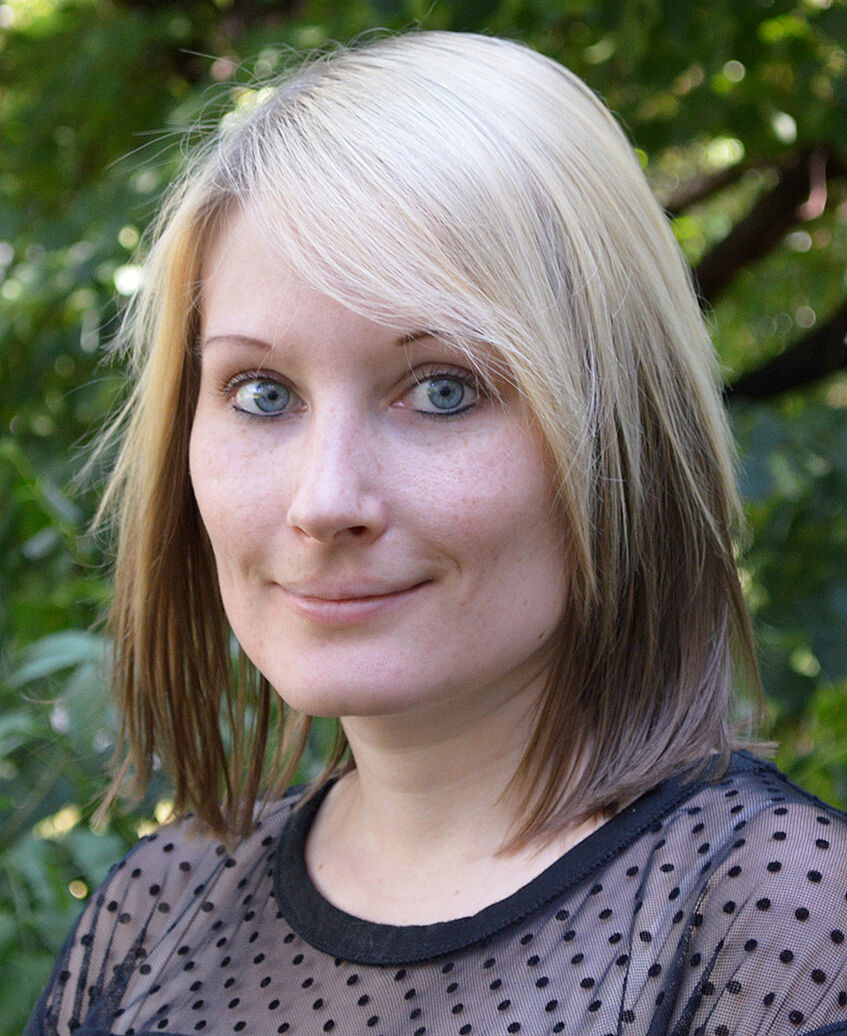
Claudia Cobos
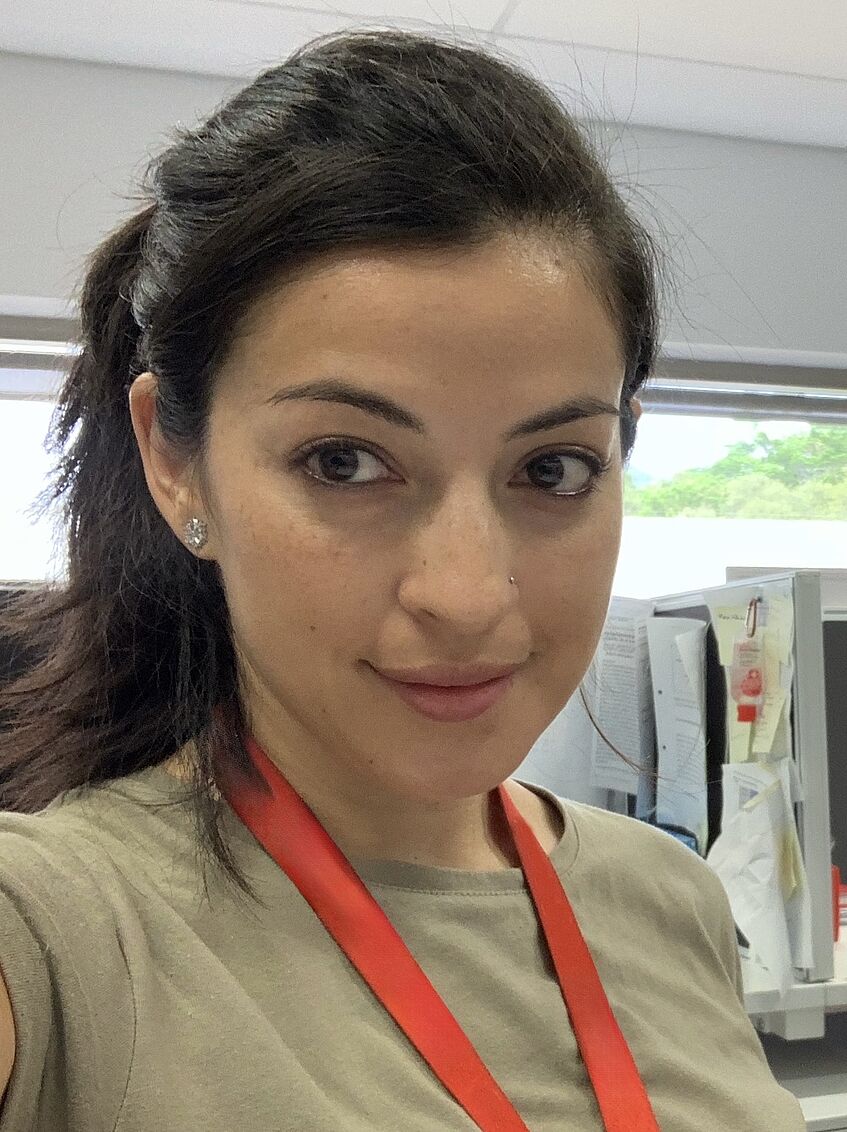
is a postdoctoral researcher at the Institute of Biological Chemistry. She earned her bachelor honours degree in Chemistry from the University of Santiago in Chile and a PhD in Medical and Molecular Sciences from James Cook University in Cairns, Australia. Her research focuses on understanding the role of posttranslational modifications in snRNP biogenesis. Using synthetic and semisynthetic protein approaches, along with chemoselective ligation strategies, she explores the impact of these modifications on splicing processes and their significance in the context of rare diseases. Copyright: Private
Mathea Sophia Galanski
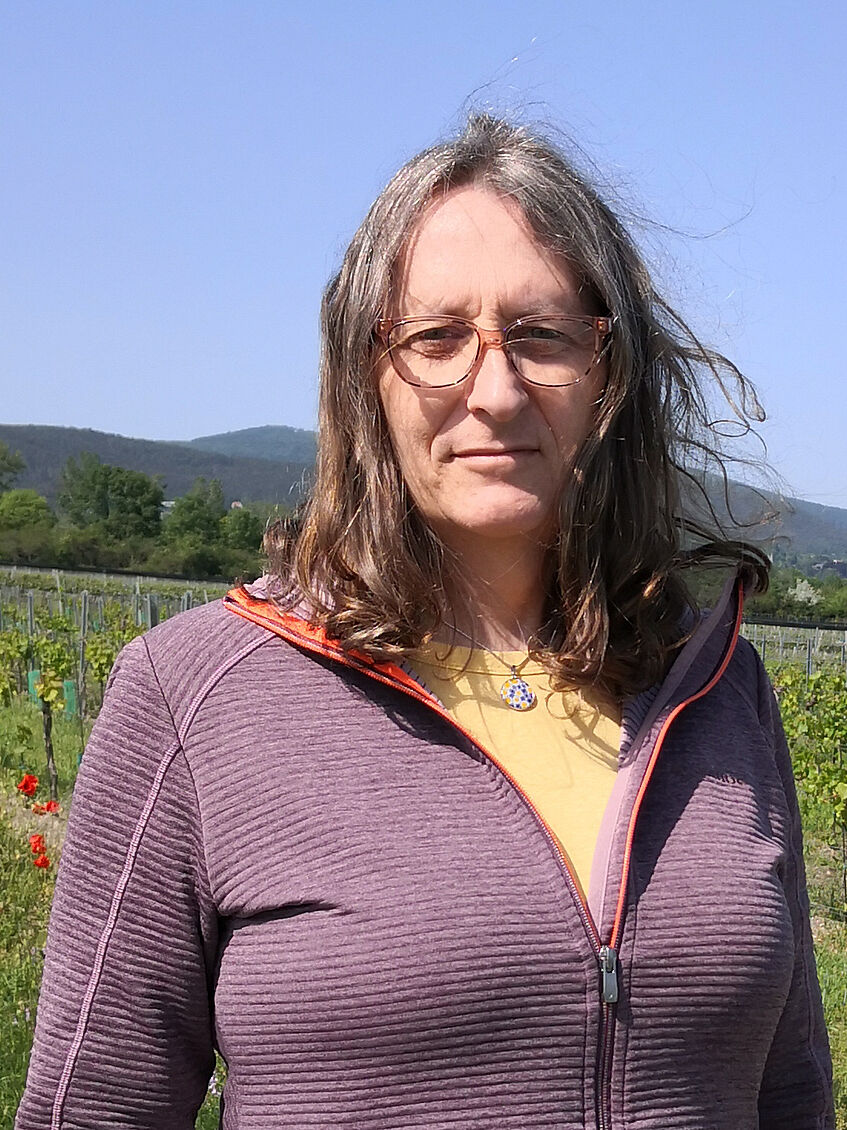
is ao. Univ.-Prof. at the Department of Inorganic Chemistry and deputy head of the NMR core facility of the Faculty of Chemistry. She has (co)authored more than 150 publications in the field of bioinorganic chemistry focusing on the development of platinum-based anticancer drugs.
Copyright: private
Karolina Kowalska
is a medical biotechnologist. She is interested in the detailed molecular mechanisms of mycotoxins’ toxicity in human cells, the interactions with other environmental factors and the usefulness of natural compounds in clinics. Currently, as a postdoc at the Department of Food Chemistry and Toxicology, she investigates if and how high glucose modulates the response of colon cells to mycotoxins.
Copyright: Medical University of Lodz, Poland
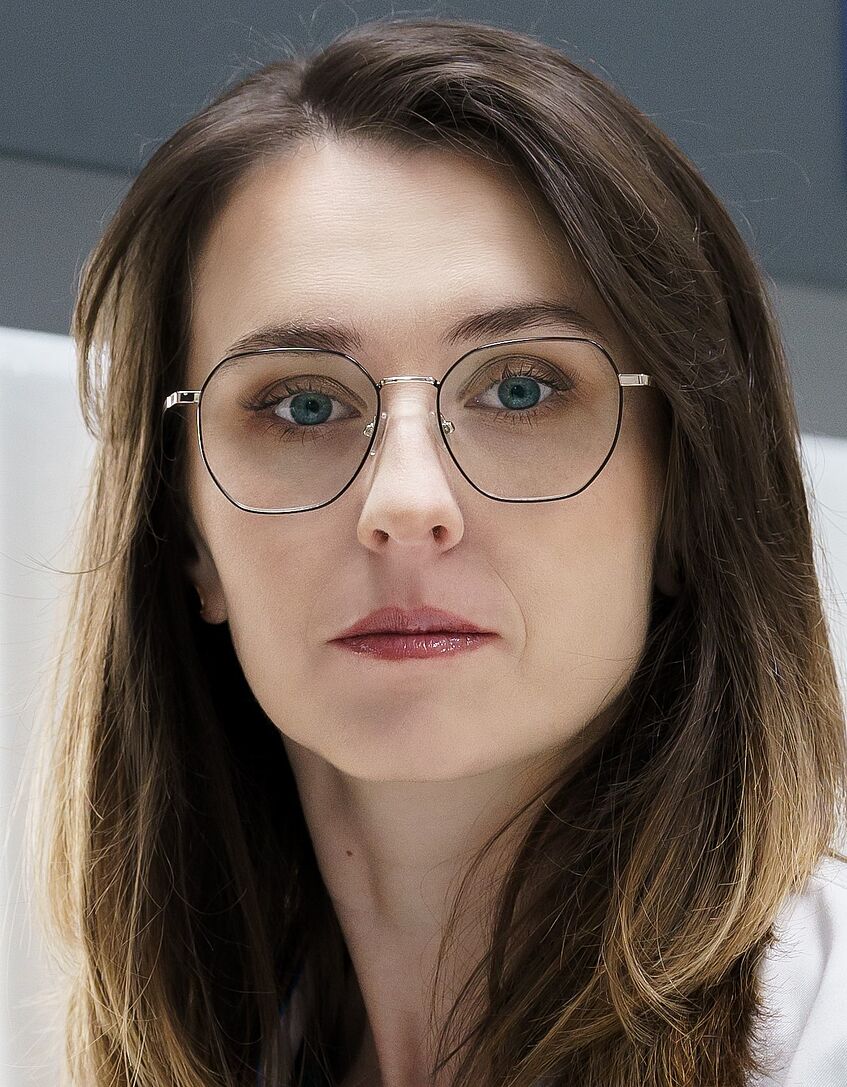
Anja Lembens
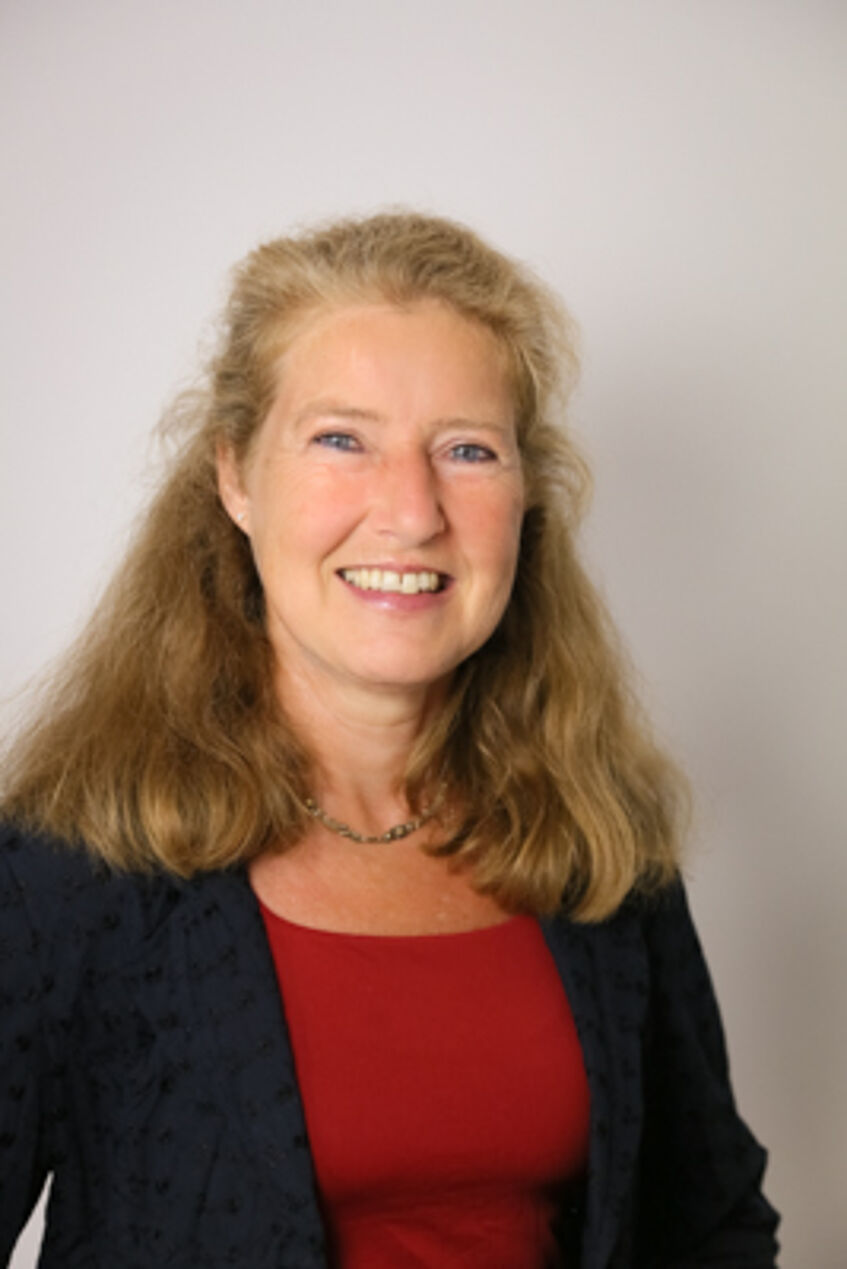
University Professor of Chemistry Education, is Head of the Austrian Centre of Excellence for Chemistry Education (AECC Chemistry) and Deputy Head of Science Education. She is involved in research and teaching in the field of chemistry teacher training.
Andrea Tanzer
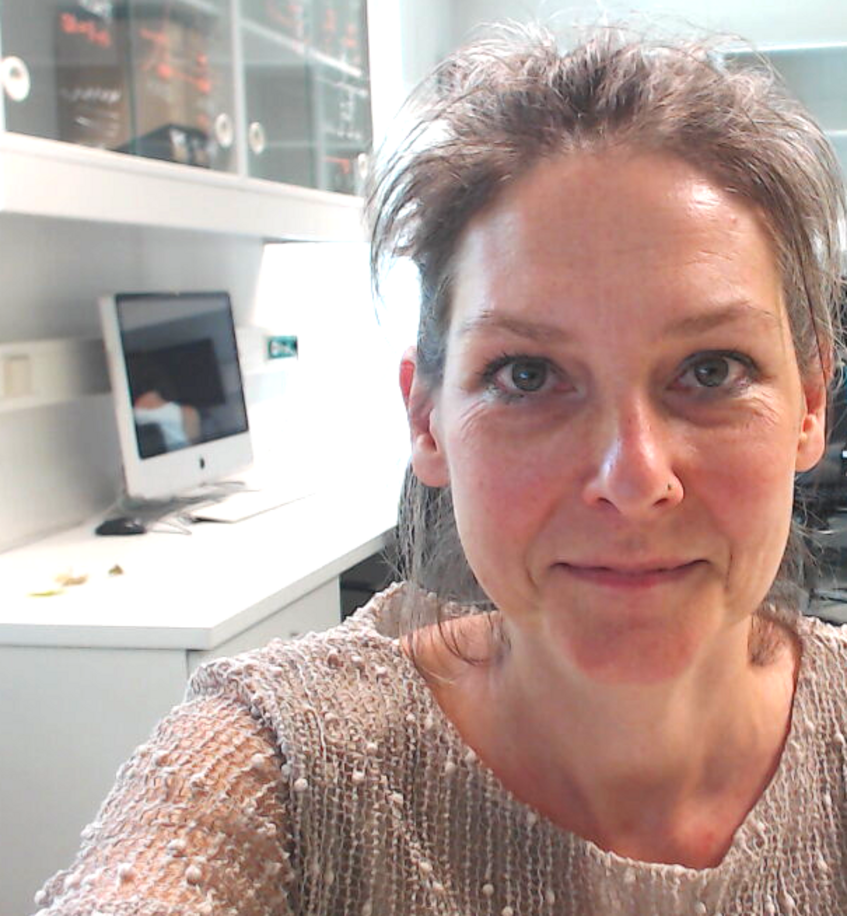
is a Bioinformatician working at the interface of Biology/Chemistry/Computer Science. Her research focuses on non-coding RNAs, their function, structure and evolution. In her current project at Medical University of Vienna she studies the role of RNA structures in regulating the Epitranscriptome. (Foto privat)
Katharina Pallitsch
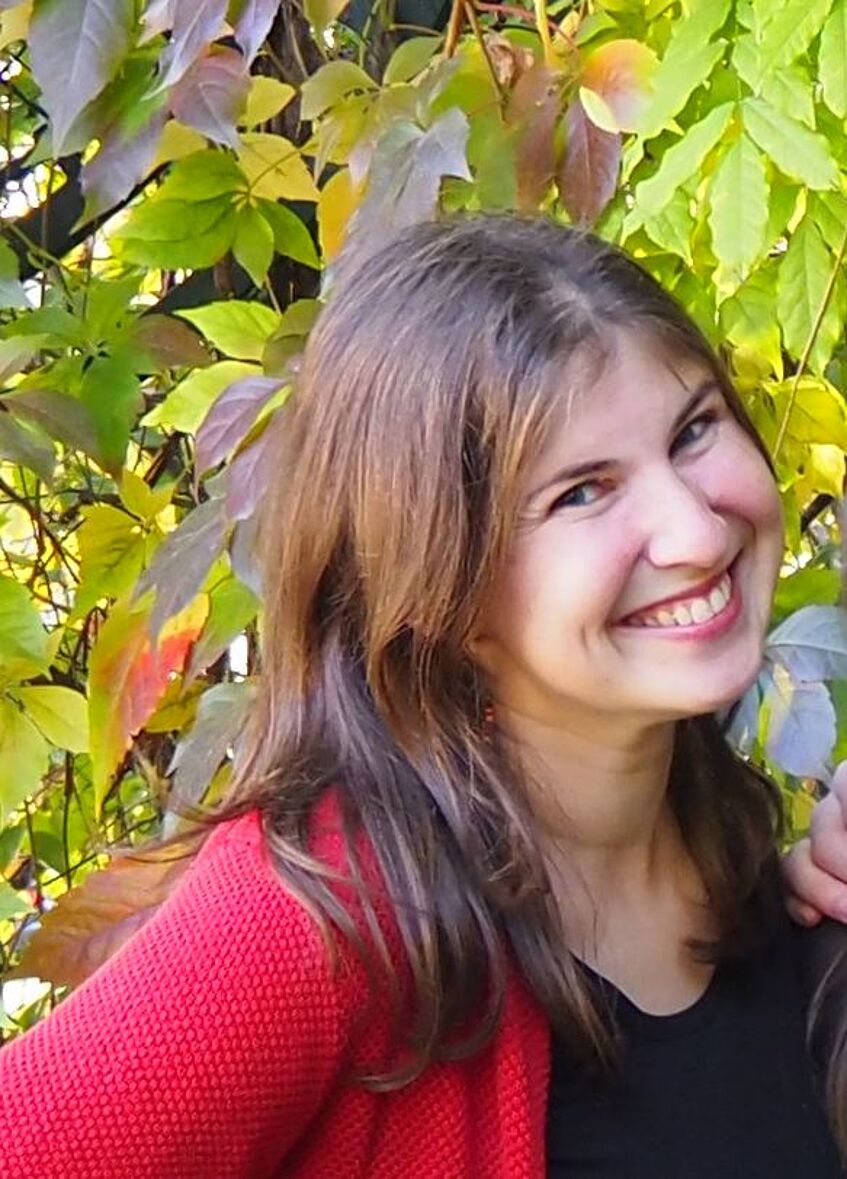
is a Senior Scientist and group leader at the Institute of Organic Chemistry. Her research focuses on the synthesis of chiral, isotopically labeled low-molecular phosphonates for metabolic studies on phosphonate degrading enzymes, as well as for medicinal applications. Additionally, she designs enzyme inhibitors and other probes to study carbohydrate metabolism in vivo. She is engaged in teaching courses from Bachelor- to PhD-level.
Natalia Castejón
is a postdoctoral researcher in the Department of Food Chemistry and Toxicology. She is part of the REinforcing Women In Research (REWIRE) Programme, a Marie Sklodowska Curie Actions co-funded by the University of Vienna and the European Commission. Her project, BioactALGAE, explores the valorization of microalgal biomass for the first time by exhibiting biological activities of produced extracts using a multi-step extraction method implying eco-friendly techniques.
Copyright: private
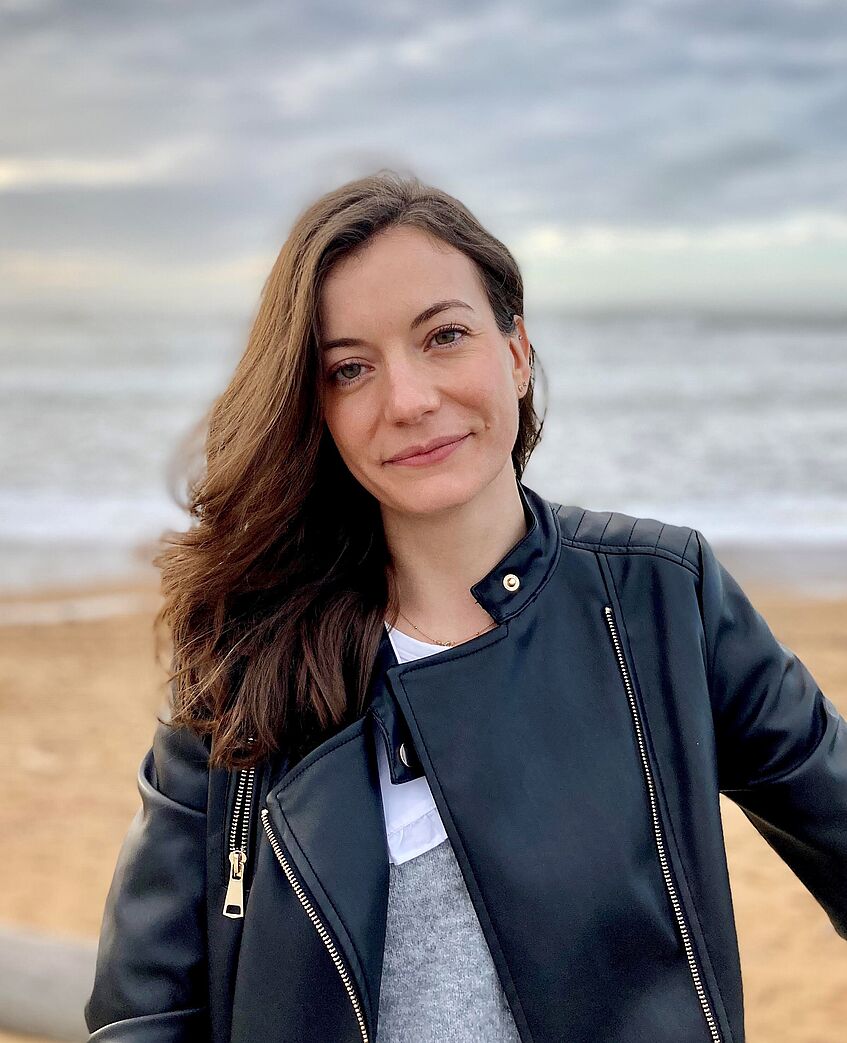
Jia Min Chin
is an Associate Professor at the Institute of Functional Materials and Catalysis. Her research focuses on the development of porous materials and their multilength scale structuring to uncover novel functionality and enhanced performance. Her ERC Consolidator Grant is focused on the use of external fields to manipulate porous colloids. She is also interested in bio-inspired materials with self-healing, unusual wetting or structural color properties.
Copyright: private
Laura Maggini
Dr, Senior Researcher, Empowers a sustainable digital future with organic electronic innovations
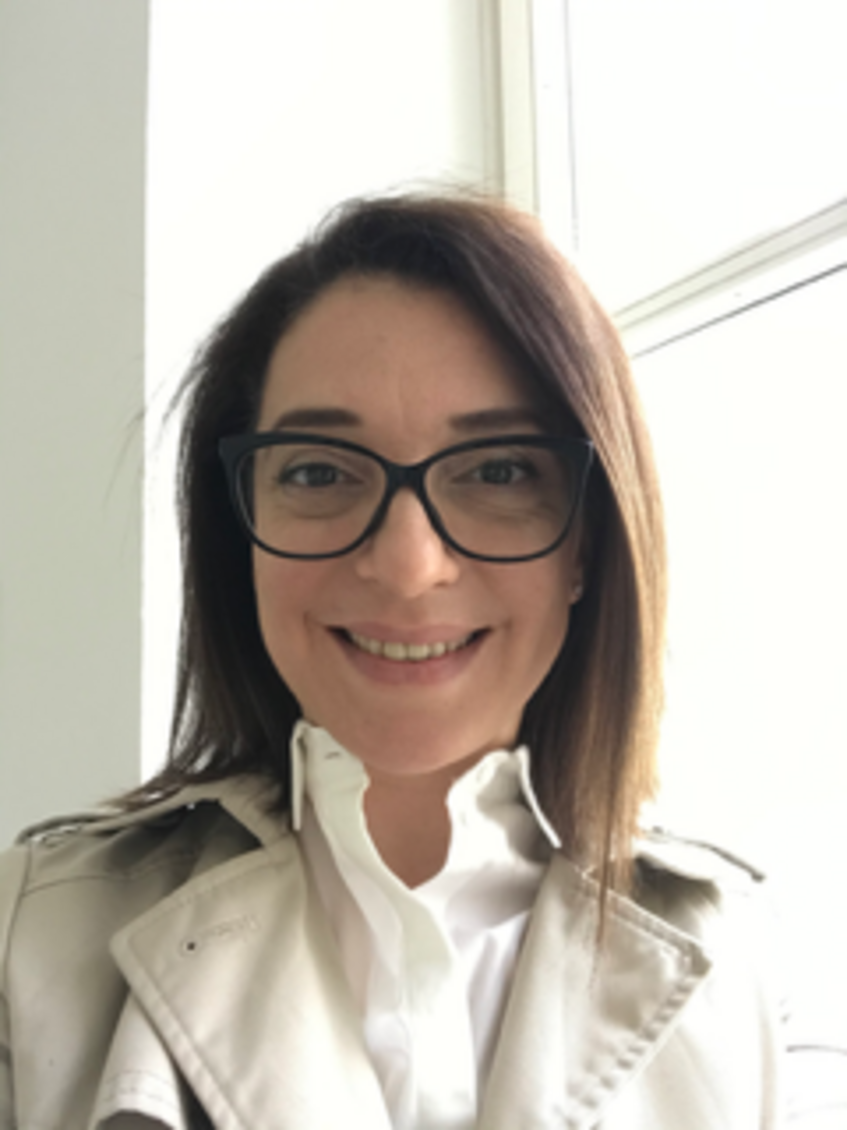
Astrid Slany
Priv. Doz. Dr. Mag., Biochemist and Senior Scientist at the Department of Analytical Chemistry, is responsible for the Basic Laboratory Course II A for Bachelor Students, as well as the course Proteomics and the lectures Electrophoretic and chromatographic separation methods and Biomarkers for Master students. She is especially interested in bio/chemical processes and elucidating patho/physio-logical mechanisms affecting the human organism.
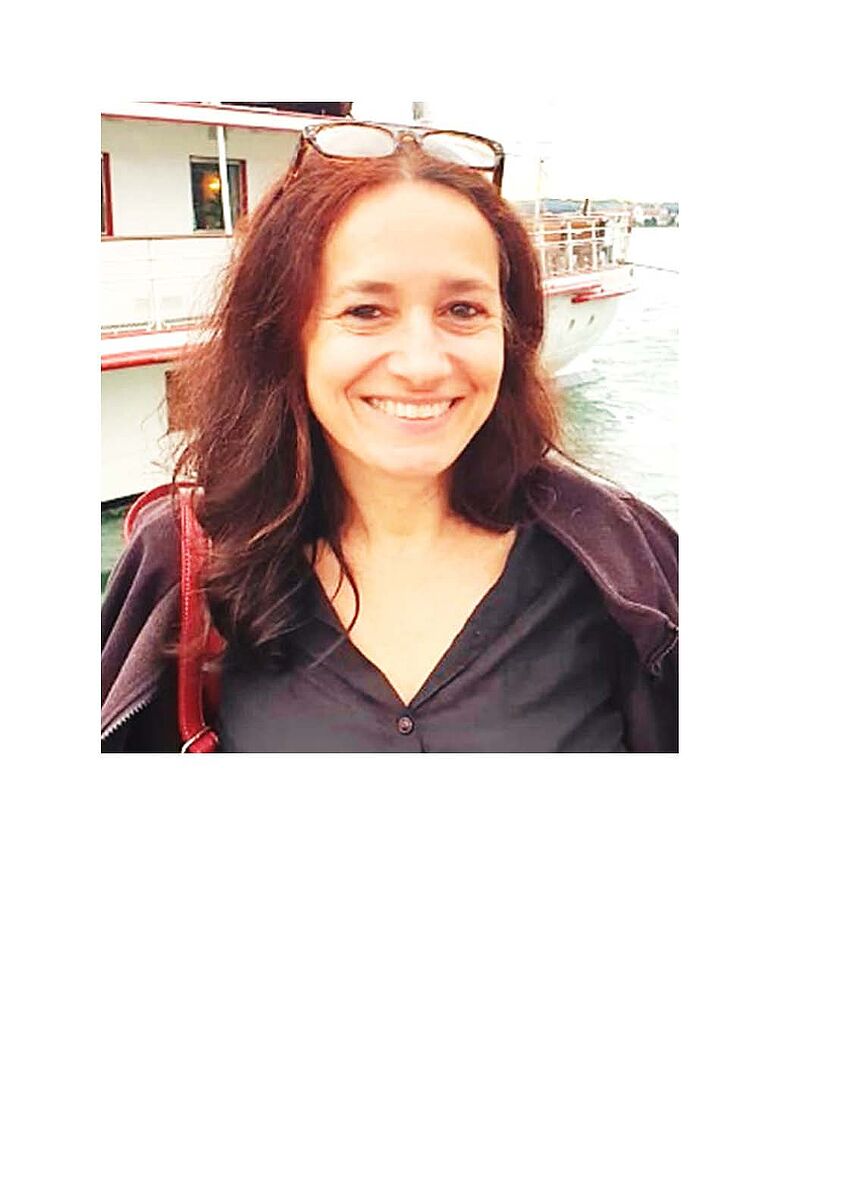
Evelyn Rampler
is the group leader of the “Rampler lab” and senior scientist at the Department of Analytical Chemistry. She is interested in developing novel high-resolution mass-spectrometry tools for analyzing different biomolecules. Currently, she focuses on glycolipids in different applications such as the involvement of gangliosides in gestational diabetes (FWF funded).
Copyright: private
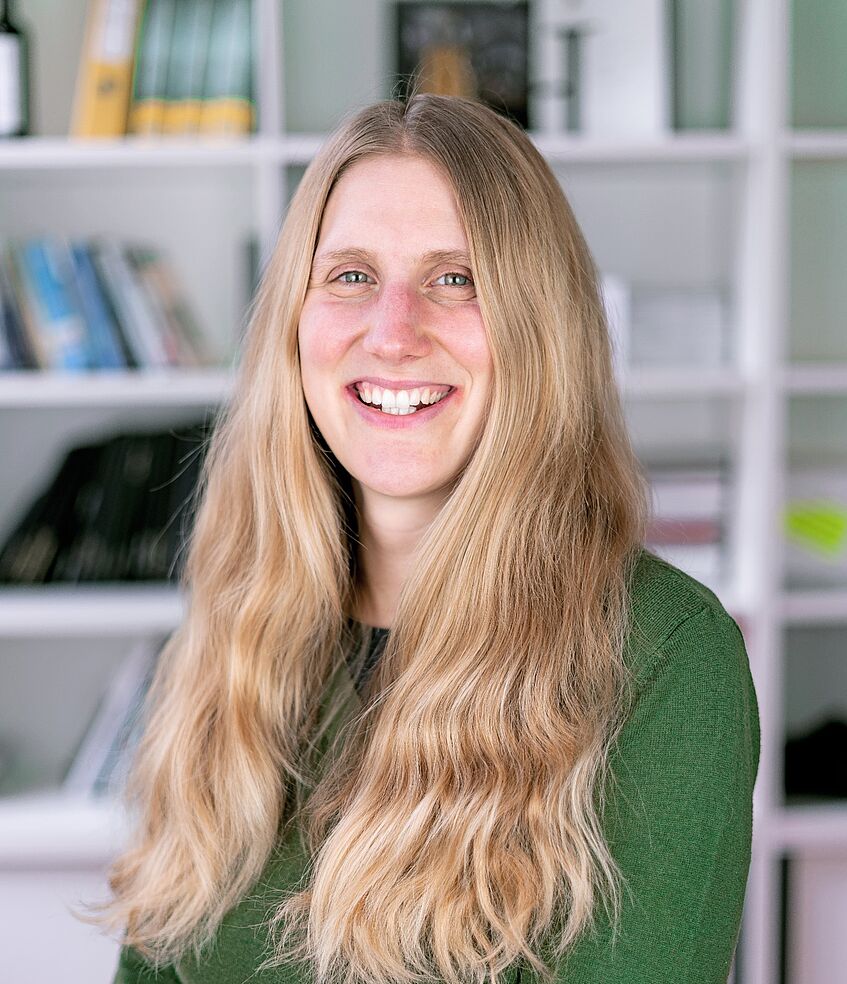
Chiara Puccinelli
PhD candidate in Chemistry, is interested in the development of new magnetic nanoparticles for applications in nanomedicine.
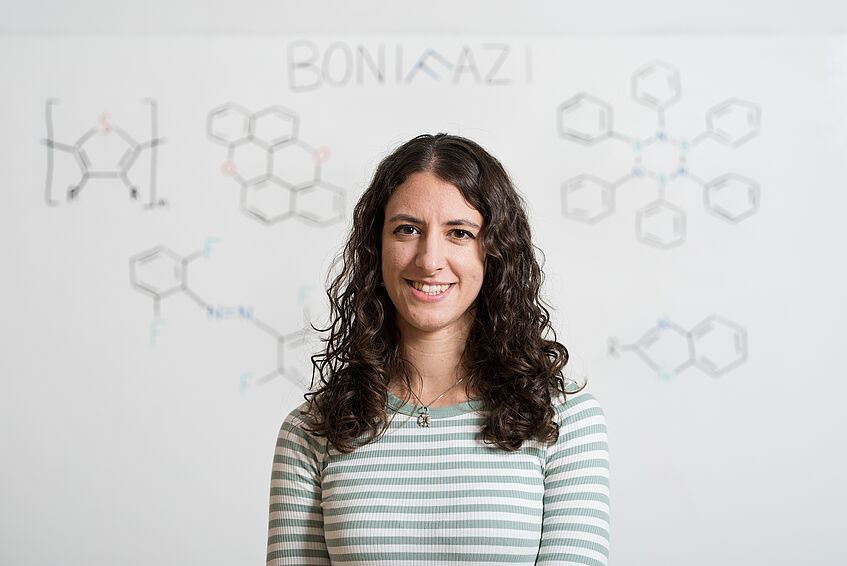
Sabela Vega Ces
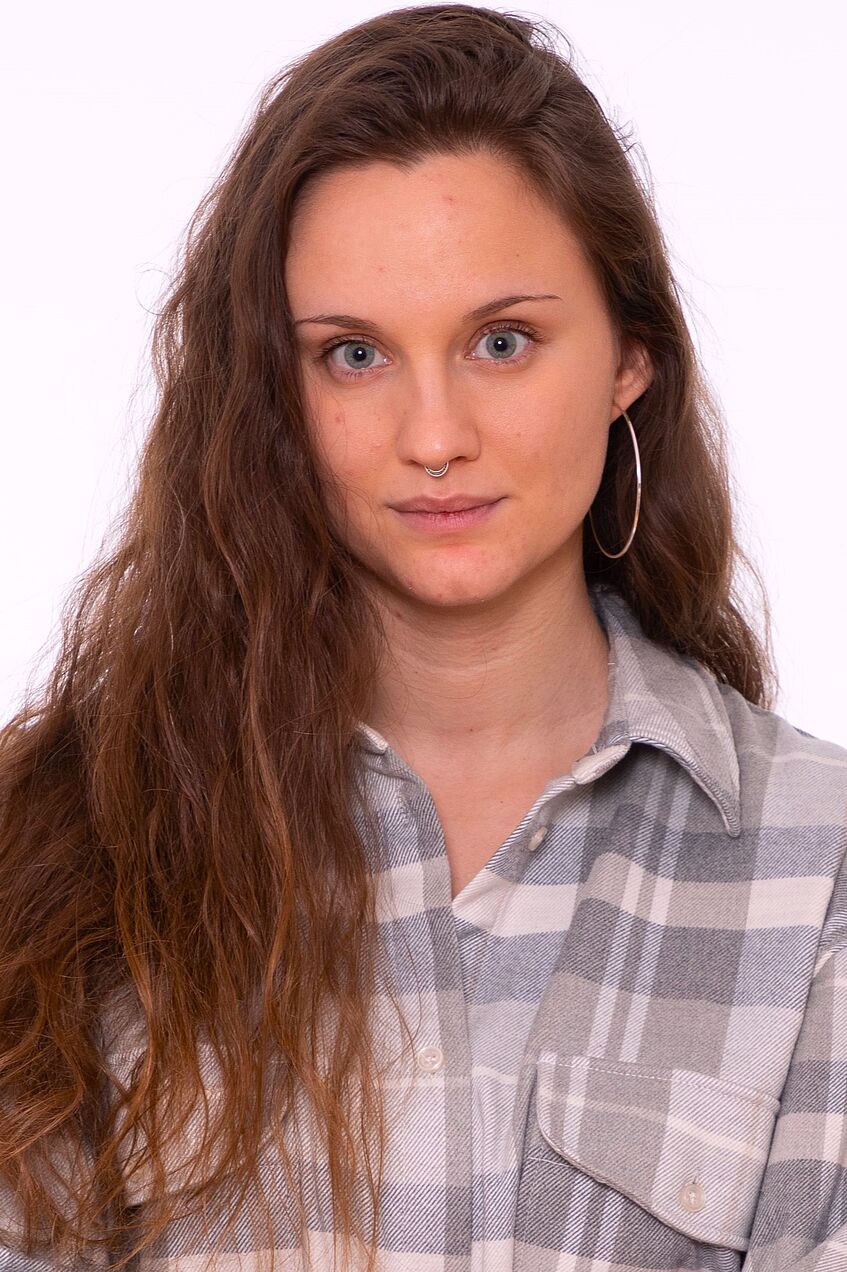
was born and raised in Barcelona, where she started her Chemistry career. She is interested in Synthetic Organic Chemistry and Medicinal Chemistry and has worked in seven laboratories as a former researcher within five different countries. Currently, Sabela is a PhD student in The Maulide Group and her research is focused on studying high-energy reactive intermediates generated under mild conditions which can lead to rearrangements, domino reaction sequences or catalytic asymmetric transformations, revealing “unconventional” reactivity profiles of organic compounds.
Copyright: private
Theresia Palenta
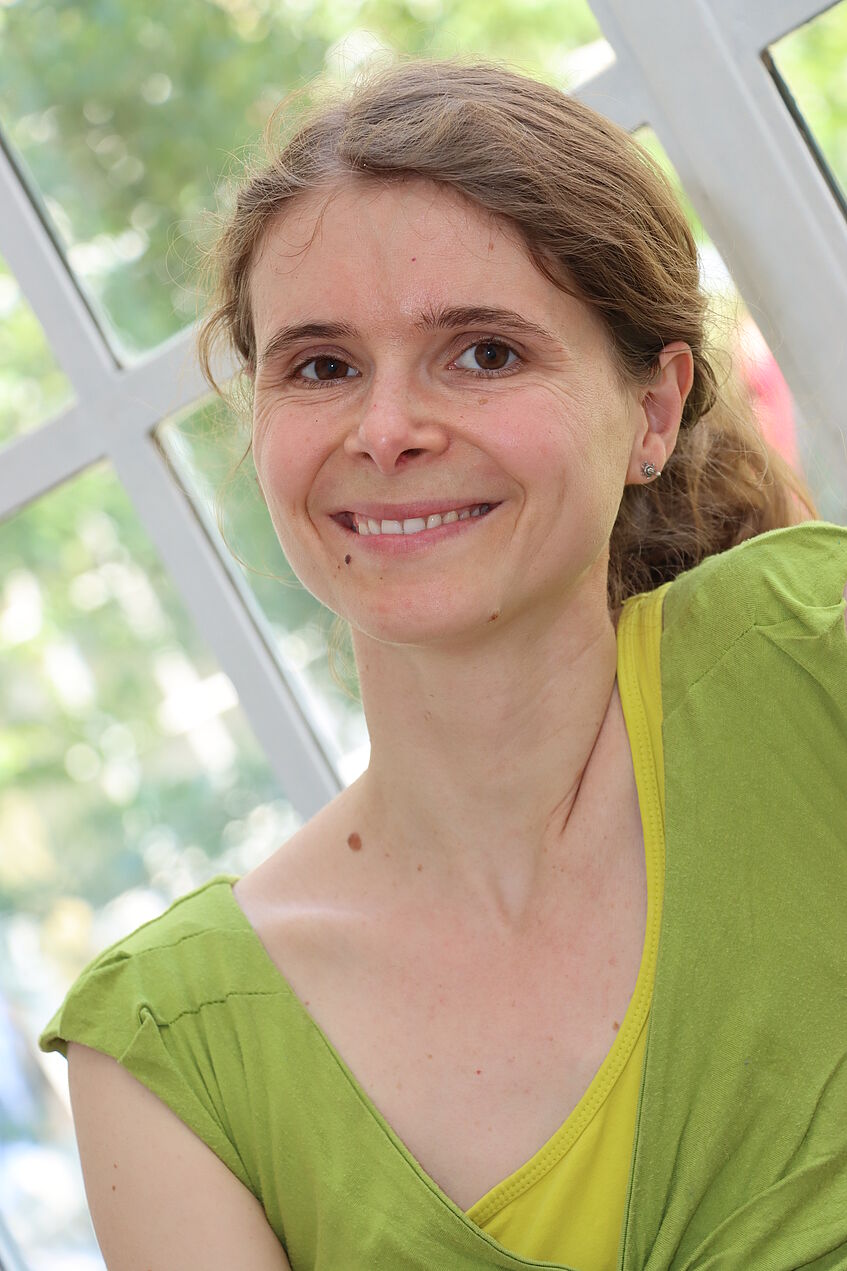
Postdoc/Senior Scientist, runs the WiLLLa (Vienna Teaching-Learning Laboratory), where school classes spend a morning experimenting at the university and are supervised in small groups by student teachers, enabling both sides to learn with and from each other.
Diana Széliova
uses mathematical models to study cellular resource allocation and evolution.
credit: Theodora Denk
